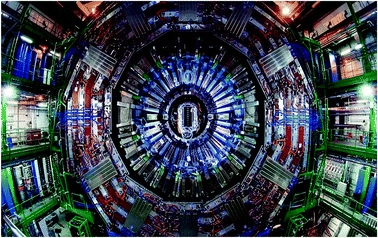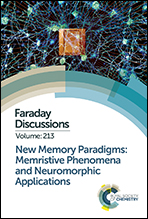Impact of radiation induced crystallization on programmable metallization cell electrical characteristics and reliability
Abstract
Chalcogenide-based, programmable metallization cells (PMC) cells have been characterized after exposure to increasing levels of absorbed dose (i.e., ionizing radiation exposure). We found, and show here for the first time, that total absorbed dose effects induce a slight modification of the switching phenomena with a moderate increase of the programmable low resistance state (LRS) of the PMCs after repeated switching depending on the processing conditions, while it does not impact the state programmed before exposure. We also show that an increase of the programmable high resistance state (HRS) occurs with irradiation. Such observations are discussed through correlation with crystallization observed in the concurrent X-ray diffraction (XRD) characterization of representative thin-film stacks of the PMCs. These new results are compared to previous results obtained on chalcogenide-based PMCs that did not identify/observe such effects.

- This article is part of the themed collection: New memory paradigms: memristive phenomena and neuromorphic applications


 Please wait while we load your content...
Please wait while we load your content...
